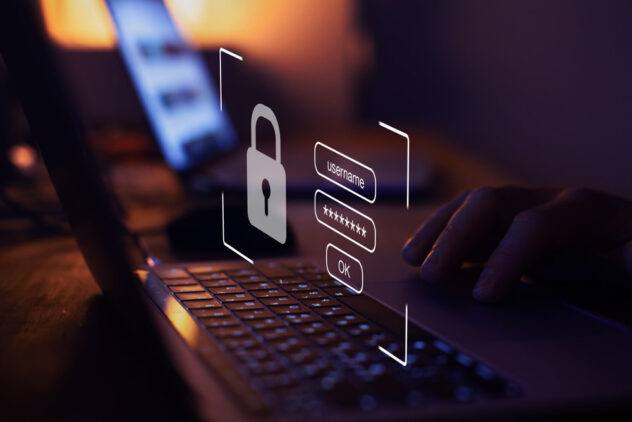How to Stay Safe Online: Cybersecurity Tips for the College Student
In today’s digital world, staying safe online is crucial, especially for you as a college student. With most of your academic and social life happening online, understanding cybersecurity is more important than ever. The rise in online threats like hacking and identity theft makes it vital for you to be aware and take steps to protect yourself. Read here for cybersecurity tips to keep college student safe.

As a student, you’re constantly online – researching, socializing, and sometimes shopping. This constant connectivity exposes you to various online risks. That’s why being proactive about your cybersecurity is not just smart; it’s essential for safeguarding your personal and academic information. Let’s dive into how you can stay secure in the digital space
Understanding Cyber Threats
As a student, you’re likely to face various cyber threats. Phishing, where scammers trick you into giving out personal information, is common. Imagine an email posing as your university, asking for sensitive details – that’s phishing. Using professional essay writing services can help you make time for securing your privacy. Malware, another threat, involves harmful software that can damage or disable your computer.
These threats pose significant risks. Phishing can lead to identity theft, while malware can corrupt your files or steal data. Even your academic work, like essays and research, can be jeopardized. Being alert to these dangers is the first step in protecting yourself.
Safe Browsing Habits
Safe browsing is essential in protecting yourself online. It means being cautious about where you click and what you download.
Be wary of suspicious links, especially in emails or messages from unknown sources. These could be phishing attempts. If a link looks odd, don’t click it. Also, avoid downloading files from untrusted websites. These could contain malware.
Keep your browser updated. Updates often include security enhancements. Using ad blockers can also reduce the risk of malicious ads. Lastly, while public Wi-Fi is convenient, it’s not always safe.
The Role of Anti-virus and Anti-malware Software
Anti-virus and anti-malware software can scan your computer for known threats and can often detect suspicious behavior that indicates the presence of new, unknown threats.
Some reputable options include Avast, Norton, and McAfee. They offer comprehensive protection against a range of cyber threats. Free versions provide basic protection, which is a good starting point. However, considering a paid subscription can offer more robust features.
Regularly updating these programs is key. Cyber threats evolve rapidly, and keeping your anti-virus and anti-malware software updated ensures you have the latest defenses against new threats. It’s a simple yet effective step in maintaining your cybersecurity.
Being Aware of Social Engineering Scams
Social engineering scams manipulate you into giving out confidential information. Unlike traditional hacking, these scams exploit human psychology. For example, a scammer might impersonate a trusted entity – like a bank or a university official – to gain your trust and extract sensitive information.
Remember, legitimate organizations, including universities and services like the best research paper writing service, will never ask for your password or sensitive personal information via email or phone. When in doubt, contact the organization directly through their official channels.
Protecting Personal Information Online
On social media, customize your privacy settings. Restrict what you display online and reconsider before posting personal information. Once online, completely removing it can be challenging.
Be cautious with emails and messages. Avoid sharing sensitive information through these channels unless you’re absolutely sure of the recipient’s identity. Additionally, pay attention to the details you provide when registering for internet services or shopping online.
Frequently verify your online account security. Look for any unusual activity and update your passwords if you suspect something is amiss. Staying alert and careful with your personal data can greatly lower the chances of identity theft and other cyber dangers.
Regular Software Updates and Their Importance
Keeping your software and operating systems up to date is a critical aspect of cybersecurity. These updates often include patches for security vulnerabilities that hackers can exploit. Using old software is akin to an unsecured digital entry, welcoming cyber attackers. Software updates bring advancements and new functionalities, enhancing your digital experience. Ignoring updates leaves you vulnerable to malware, data leaks, and identity fraud. Regularly checking for and installing updates ensures your digital defenses are current, minimizing the risk of cyber attacks and keeping your personal and academic data secure.
Conclusion
In summary, staying safe online as a college student involves understanding cyber threats, using strong passwords, practicing safe browsing habits, leveraging anti-virus and anti-malware software, being aware of social engineering scams, protecting personal information, and regularly updating software. Each of these steps forms a crucial part of your digital armor. Stay vigilant and proactive in managing your online presence, and remember, your cybersecurity is a continuous journey, not a one-time effort.


